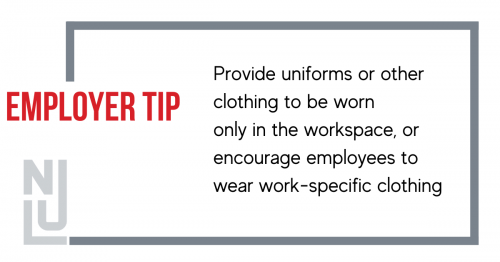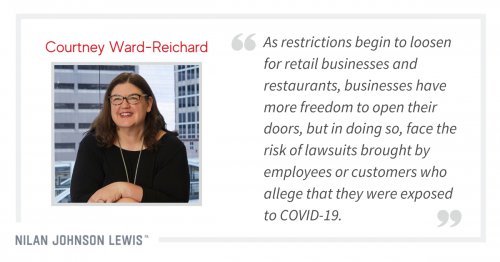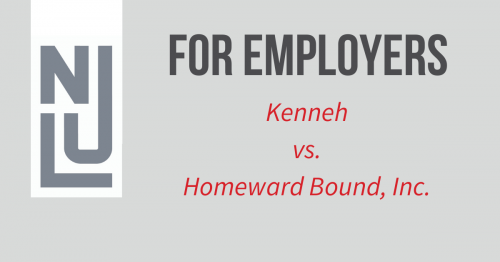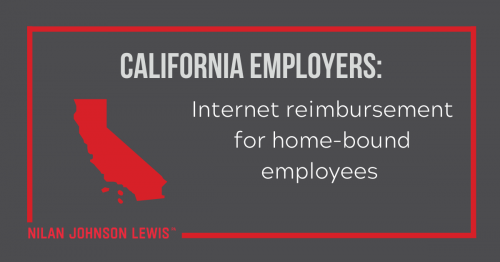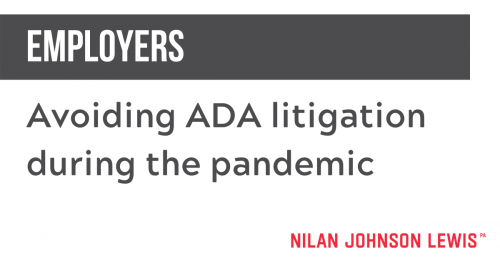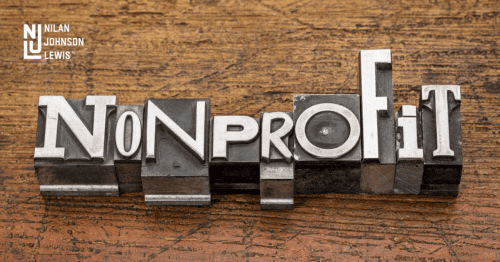Posted June 16, 2020 with Tags Sexual Orientation Discrimination, Discrimination Defense, Employers
The Impact of Bostock: LGBT Discrimination is Prohibited in Workplaces. Is Healthcare Next?
The Supreme Court has ruled in Bostock v. Clayton County, Georgia that Title VII of the Civil Rights Act of 1964 protects lesbian, gay, bisexual, and transgender (LGBT) individuals from being discriminated against in employment. The 6-3 opinion consolidates three cases from the Second, Sixth, and Eleventh Circuits, each of which involved individuals fired from their jobs because of either their sexual orientation or gender identity. Each case called the question: Is discrimination because of sexual orientation or gender identity a type of prohibited discrimination “because of sex” under Title VII?
